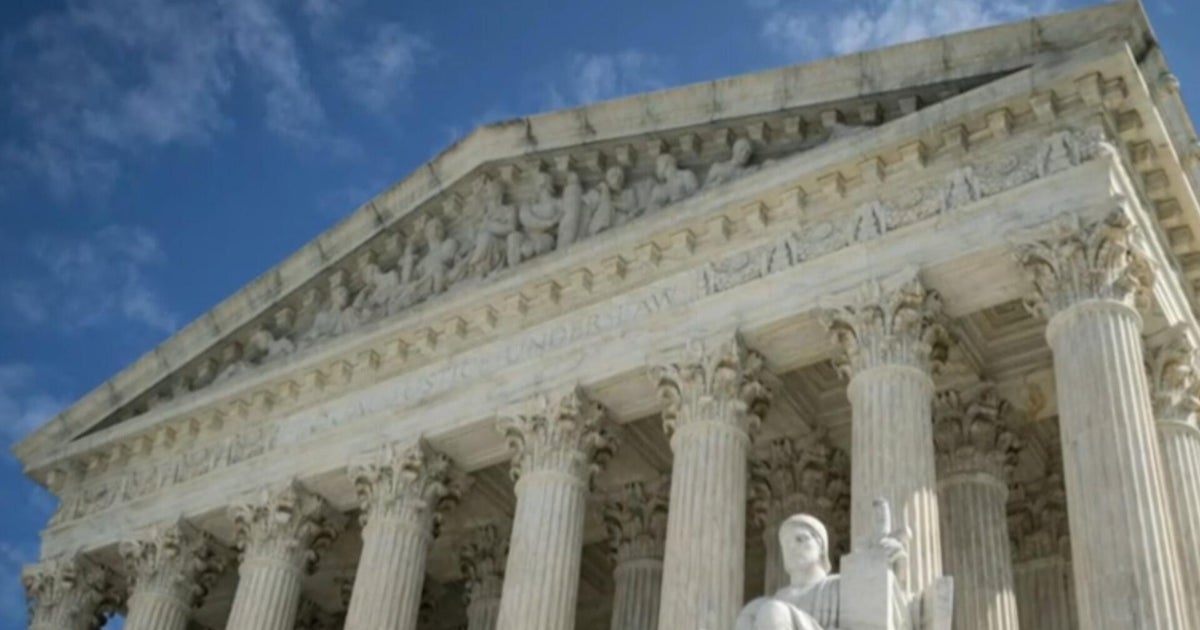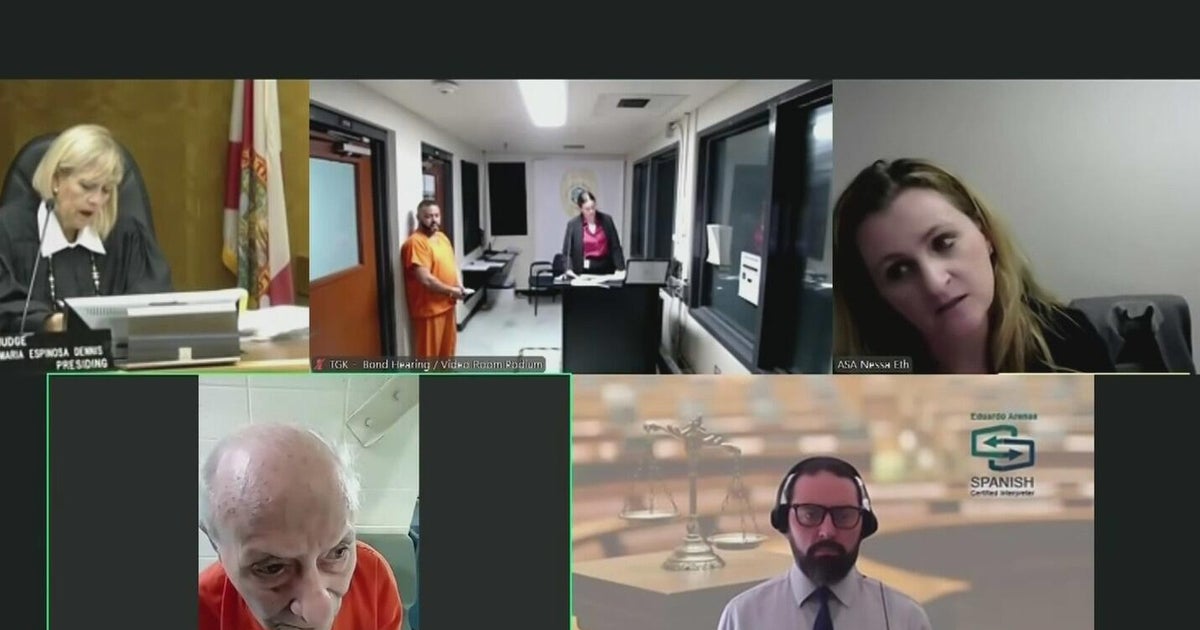Florida Attorney General James Uthmeier and Republican leaders from more than 20 other states Monday urged the U.S. Supreme Court to take up a battle between a couple and the Leon County school system about a child who wanted to express a gender identity and use pronouns the parents didn’t support.
Lawyers in Uthmeier’s office filed a 16-page friend-of-the-court brief backing January and Jeffrey Littlejohn, who filed a petition last month at the Supreme Court after the 11th U.S. Circuit Court of Appeals ruled against them.
While Republican leaders from other states—mostly attorneys general—signed onto the Florida brief, numerous conservative organizations also have filed separate briefs in recent days supporting the Littlejohns.
“Parental rights are fundamental and foundational,” the brief filed by Uthmeier’s office said. “It is parents who are entrusted with ultimate responsibility for the care, formation, and well-being of their children. Recently, parental rights have taken on new focus as an ever-growing number of public-school officials are placing it upon themselves to make life-altering decisions for children in place of, or in direct conflict with, parents’ convictions.”
The Littlejohns’ legal battle
The lawsuit stems from the 2020-2021 school year, when the Littlejohns’ child, a 13-year-old student at Leon County’s Deerlake Middle School, asked to go by a male name and use they and them pronouns, according to the Littlejohns’ Supreme Court petition and other court documents. The child was identified as a girl at birth, and the Littlejohns did not allow the name and pronoun changes.
The child, identified in the petition by the initials A.G., told a school counselor about wanting to use the different name and the they and them pronouns, the documents said. Under a school system policy guide at the time, the parents were not informed of the social transition at school. That ultimately led to the lawsuit and allegations that the parents’ rights had been violated.
U.S. District Judge Mark Walker dismissed the lawsuit, and a three-judge panel of the 11th U.S. Circuit Court of Appeals upheld his decision in March. The full Atlanta-based appeals court later declined to take up the case.
Legal standards and national implications
The appeals court panel, in a 2-1 ruling, said the case involved a challenge to government executive actions and, as a result, the test under legal precedents was whether school officials’ actions “shocked the conscience.” It concluded the actions did not rise to that level and also said a gender identity-related “Student Support Plan” was developed with the child in compliance with school board guidelines at the time.
“The child was not physically harmed, much less permanently so,” Judge Robin Rosenbaum wrote in the panel’s main opinion. “Defendants did not remove the Littlejohns’ child from their custody. And defendants did not force the child to attend a Student Support Plan meeting, to not invite the Littlejohns to that meeting, or to socially transition at school. In fact, defendants did not force the Littlejohns’ child to do anything at all. And perhaps most importantly, defendants did not act with intent to injure. To the contrary, they sought to help the child. Under these circumstances, even if the Littlejohns felt that defendants’ efforts to help their child were misguided or wrong, the mere fact that the school officials acted contrary to the Littlejohns’ wishes does not mean that their conduct ‘shocks the conscience’ in a constitutional sense.”
But Uthmeier’s office in Monday’s brief described the shocks-the-conscience test as “inscrutable” and said federal appellate courts have split on applying it. The brief said eight appellate circuits require plaintiffs, such as the Littlejohns, to satisfy the shocks-the-conscience test in pursuing cases, while two circuits do not.
The case also has played out as Florida and numerous other Republican-led states in recent years have made changes involving transgender students and teachers, such as restricting pronouns they can use.
“The Littlejohns’ story is troubling but increasingly common,” the brief filed by Uthmeier’s office said. “Across the country, government officials are fundamentally altering the upbringing of children and keeping parents in the dark. Dizzying numbers of school districts and a growing number of states have passed similar ‘secret transition’ laws and ordinances without any concerns for parental rights. A flood of litigation has followed.”
The Leon County school system has not filed a response to the Littlejohns’ petition at the Supreme Court. But the appeals-court panel’s opinion said the Leon County system in 2022 updated its policy guide about handling LGBTQ issues. The case continued, however, as the Littlejohns sought damages.
Republican leaders from Alabama, Alaska, Arizona, Arkansas, Georgia, Idaho, Indiana, Iowa, Kansas, Kentucky, Louisiana, Mississippi, Missouri, Montana, Nebraska, North Dakota, Ohio, Oklahoma, South Carolina, South Dakota, Texas and West Virginia signed on to Monday’s brief.



